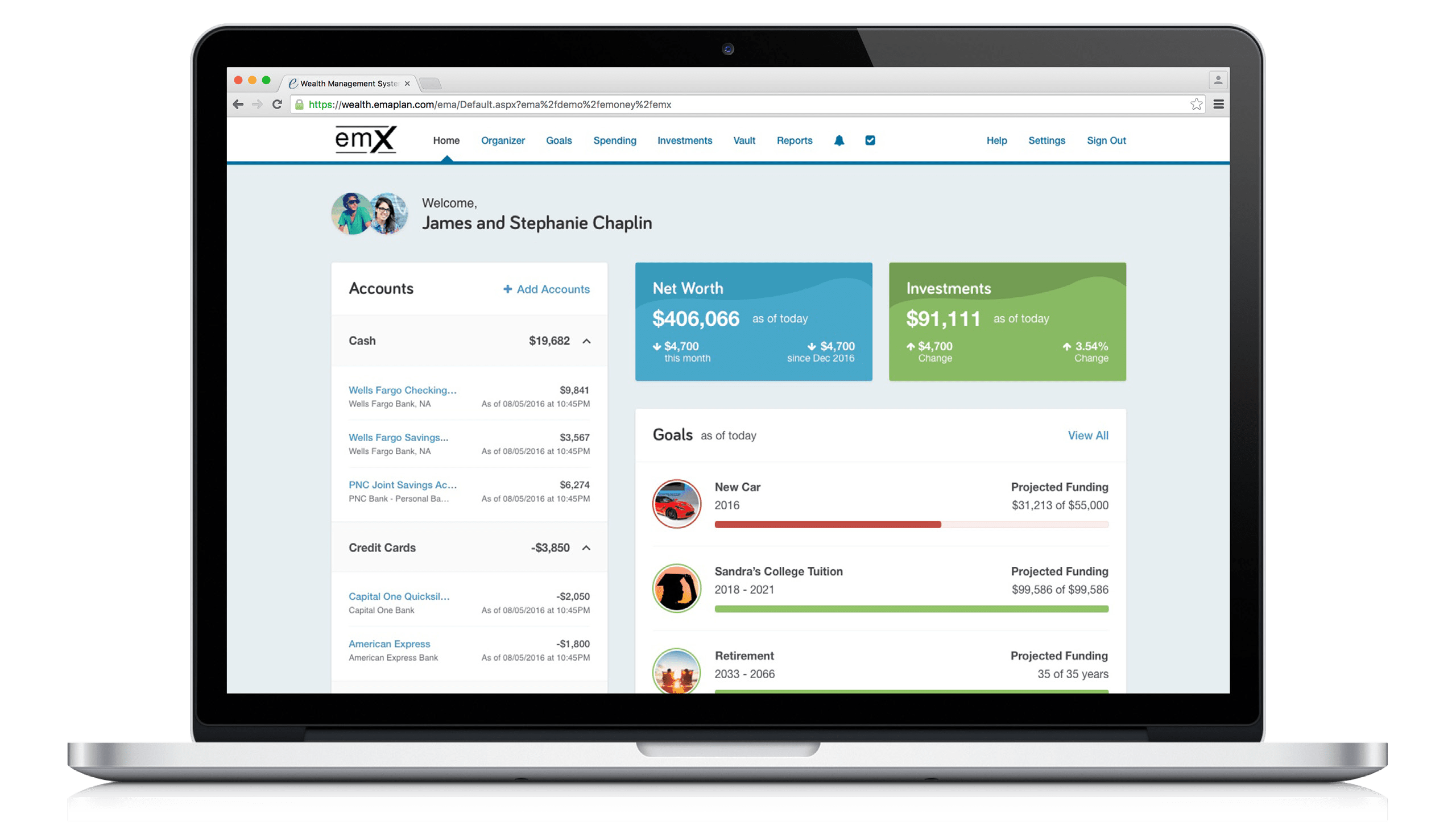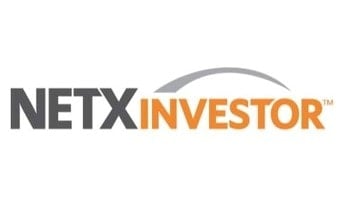We live in the do-it-yourself age. Thanks to the wealth of information available through traditional and new media, we can do everything from fixing our sink to diagnosing our illnesses without paying for professional help.
When it comes to securing your financial future, however, there’s a strong case to be made against the DIY approach. In theory, all the tools and information to be your own financial advisor are at your fingertips. In reality though, few people are capable of using them effectively.
A prime reason: pressure. If your pipes still leak after you’ve attempted a DIY repair, you can just call in a plumber to do it right. On the other hand, with financial planning folks understand that a mistake could impact their financial future in a way that can’t easily be corrected.
Faced with a seemingly endless array of investment, insurance and other product options, and pummeled by the 24-hour financial news cycle, the typical do-it-yourselfer is overwhelmed. In the end, he or she simply procrastinates—or makes decisions without true confidence.
Working with the right professional advisor is the antidote to all of this. A knowledgeable, experienced advisor is like a trusted guide leading you through unfamiliar terrain. She can help you identify your long-term goals, create a clear, step-by-step plan for reaching them, and recommend the best products and solutions for your unique situation.
A good advisor will help you get a handle on your full range of financial needs, including:
• Retirement saving and investing
• College funding
• Insurance
• Debt management
• Retirement income planning
• Estate planning
And when challenges and opportunities arise—such as career changes, inheritance, or the purchase of a home—you will be able to count on expert guidance. The confidence that a financial advisor can help you achieve is just one part of her value, however.
 A good advisor can provide you with not only the information, but also the coaching to help you change your life for the better. In my practice, I educate, encourage and cajole. I also provide a dose of straight talk when necessary. I do everything within my power to make sure that my clients succeed in reaching their goals.
A good advisor can provide you with not only the information, but also the coaching to help you change your life for the better. In my practice, I educate, encourage and cajole. I also provide a dose of straight talk when necessary. I do everything within my power to make sure that my clients succeed in reaching their goals.
Of course there is a cost to working with an advisor. But I firmly believe that virtually every person who makes the financial and emotional commitment to an advisor-client partnership comes out far ahead.
With all that said, it’s important to find the right advisor. He or she should be highly qualified in terms of education, professional certifications and experience (for my background, click here) To help ensure that your advisor puts your interests first, make sure he or she is an independent, fee-only fiduciary planner.
Independent advisors don’t face pressure from their giant Wall Street parents to push certain products or hit certain revenue numbers. Advisors who are fee-only do not rely on sales commissions for their revenue. That’s important because sales commissions can influence which investments or other products your advisor recommends. Eliminating commissions increases the likelihood that you’ll receive unbiased advice. Finally, fiduciary advisors are those with a legal obligation to act in your best interests in all dealings.
So go ahead and tackle that home repair project by yourself. But when it comes to achieving your financial goals, I believe you’ll be best served by partnering with a professional.



